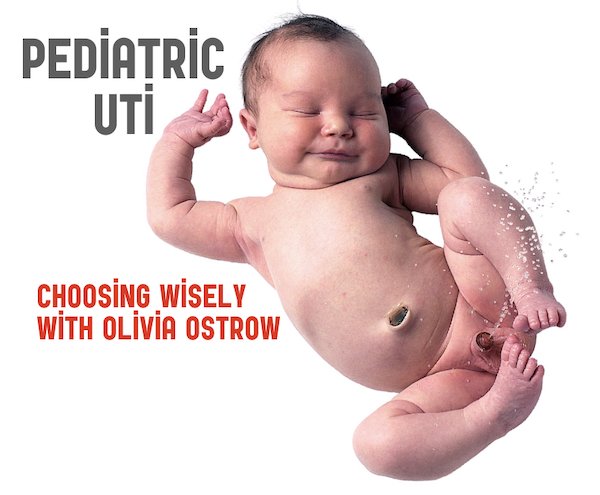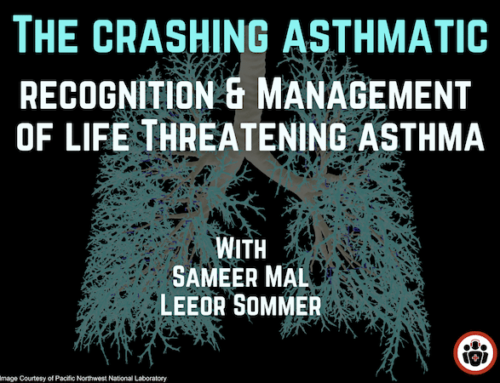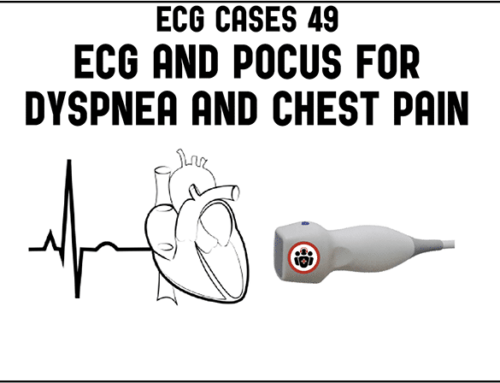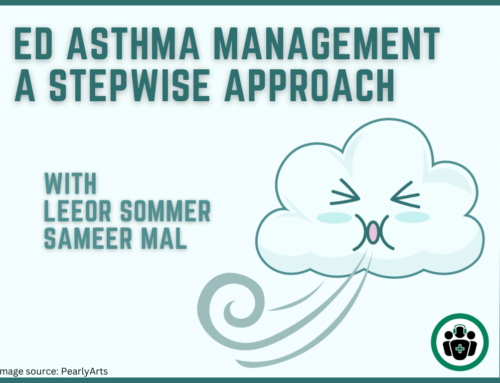In anticipation of EM Cases Episode 123 Pediatric UTI Myths and Misconceptions, Dr. Olivia Ostrow, Pediatric Emergency Physician at Hospital for Sick Children, Assistant professor at the University of Toronto and a Medical Safety Leader with an academic focus in quality improvement, discusses a case that exemplifies how indiscriminate work up of pediatric UTI can lead to over-testing, over-treating and even worse outcomes. In the upcoming main episode podcast we will discuss risk stratification, who to test, how to test, urinalysis interpretation, indications for blood tests, antibiotics of choice, which children require imaging and much more…
Podcast production, editing and sound design, blog post by Anton Helman, April 2019
UTICalc is a retrospectively derived calculator that estimates the pretest probability of UTI in children age 2 to 23 months. It requires prospective validation, but is nonetheless a helpful guide in determining which children require urine testing and, when urinalysis is completed, what the likelihood of UTI is.
Step 1
- Age < 12 months
- Maximum temperature ≥ 39 °C (102.2 °F)
- Not self described race as black (fully or partially)
- Female or uncircumcised male
- No other fever source identified*
*Other fever source can include (but is not limited to): acute otitis media, upper respiratory tract infection (i.e., any cough or congestion), gastroenteritis, pneumonia, meningitis, bronchiolitis, and viral syndrome.
Score = 0-1: risk for UTI is <2% and no urine testing is required.
Score = ≥2: risk for UTI is ≥2% and urinalysis is required.
Step 2
- Nitrites positive
- Leucocyte esterate 0, trace, +1, +2 or +3
- WBC/mm3
- Bacteria on Gram stain
If risk of UTI <5% based on UTI Calc, suggest no empiric antibiotics while waiting for culture results.
If risk of UTI 5% based on UTI Calc, treat empirically with antibiotics.
Reference
Shaikh N, Hoberman A, Hum SW, et al. Development and Validation of a Calculator for Estimating the Probability of Urinary Tract Infection in Young Febrile Children. JAMA Pediatr. 2018;172(6):550-556.





Leave A Comment